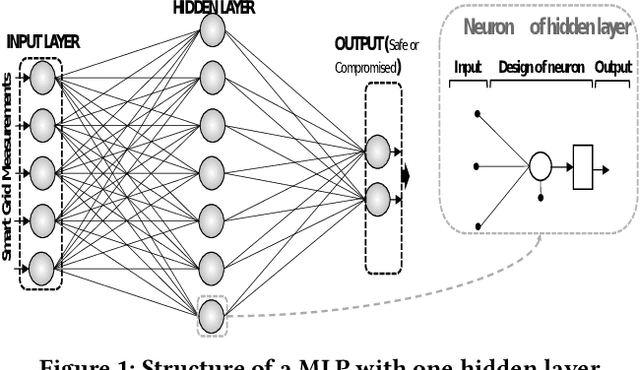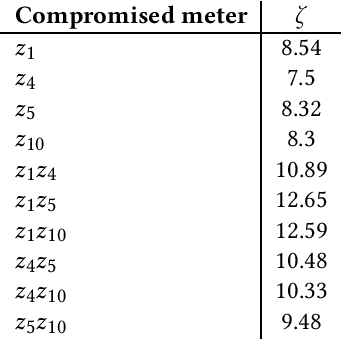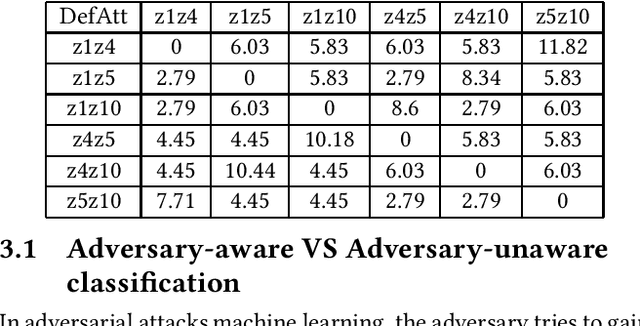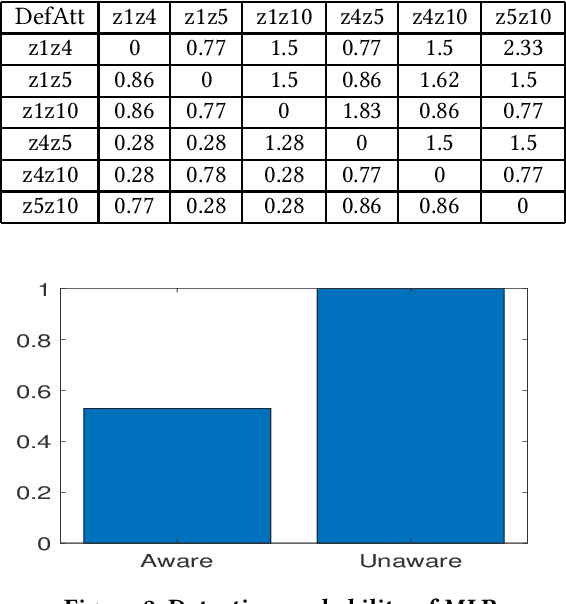Adversarial Classification of the Attacks on Smart Grids Using Game Theory and Deep Learning
Paper and Code
Jun 06, 2021



Smart grids are vulnerable to cyber-attacks. This paper proposes a game-theoretic approach to evaluate the variations caused by an attacker on the power measurements. Adversaries can gain financial benefits through the manipulation of the meters of smart grids. On the other hand, there is a defender that tries to maintain the accuracy of the meters. A zero-sum game is used to model the interactions between the attacker and defender. In this paper, two different defenders are used and the effectiveness of each defender in different scenarios is evaluated. Multi-layer perceptrons (MLPs) and traditional state estimators are the two defenders that are studied in this paper. The utility of the defender is also investigated in adversary-aware and adversary-unaware situations. Our simulations suggest that the utility which is gained by the adversary drops significantly when the MLP is used as the defender. It will be shown that the utility of the defender is variant in different scenarios, based on the defender that is being used. In the end, we will show that this zero-sum game does not yield a pure strategy, and the mixed strategy of the game is calculated.
 Add to Chrome
Add to Chrome Add to Firefox
Add to Firefox Add to Edge
Add to Edge